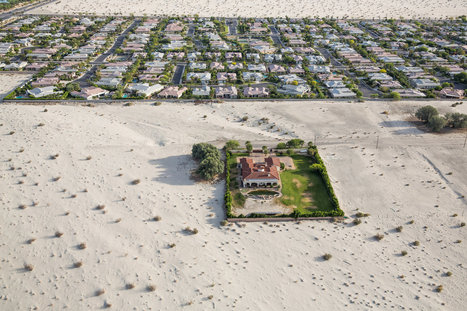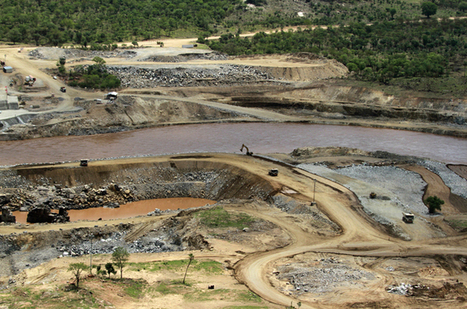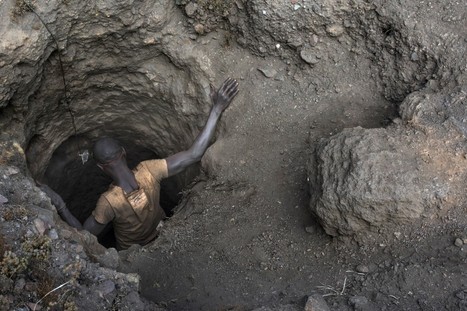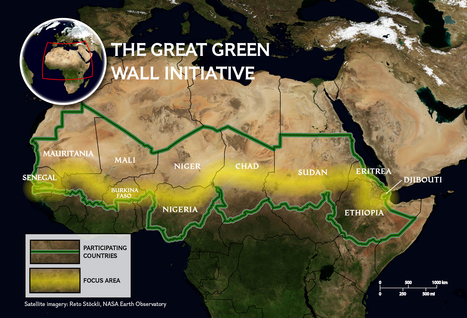"The ESRI storymap on climate refugees does a phenomenal job sampling locations in the world that experience migration effects as a result of climate change. Attached is a guided worksheet that accompanies the ESRI Climate Migrant Storymap."
Via Michael Miller, Mike Busarello's Digital Storybooks



 Your new post is loading...
Your new post is loading...































